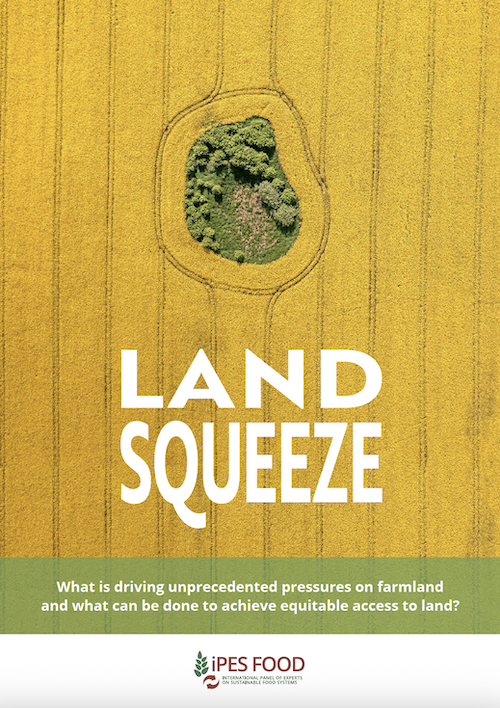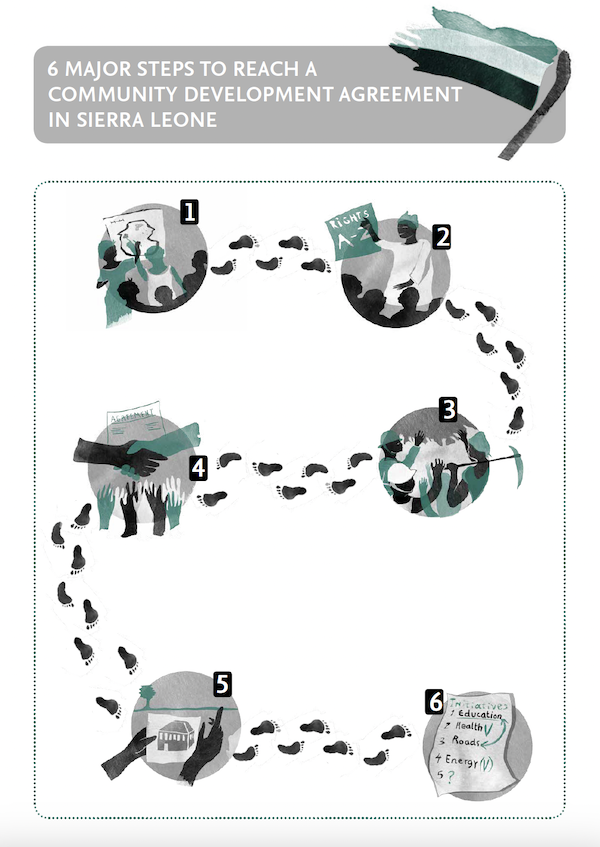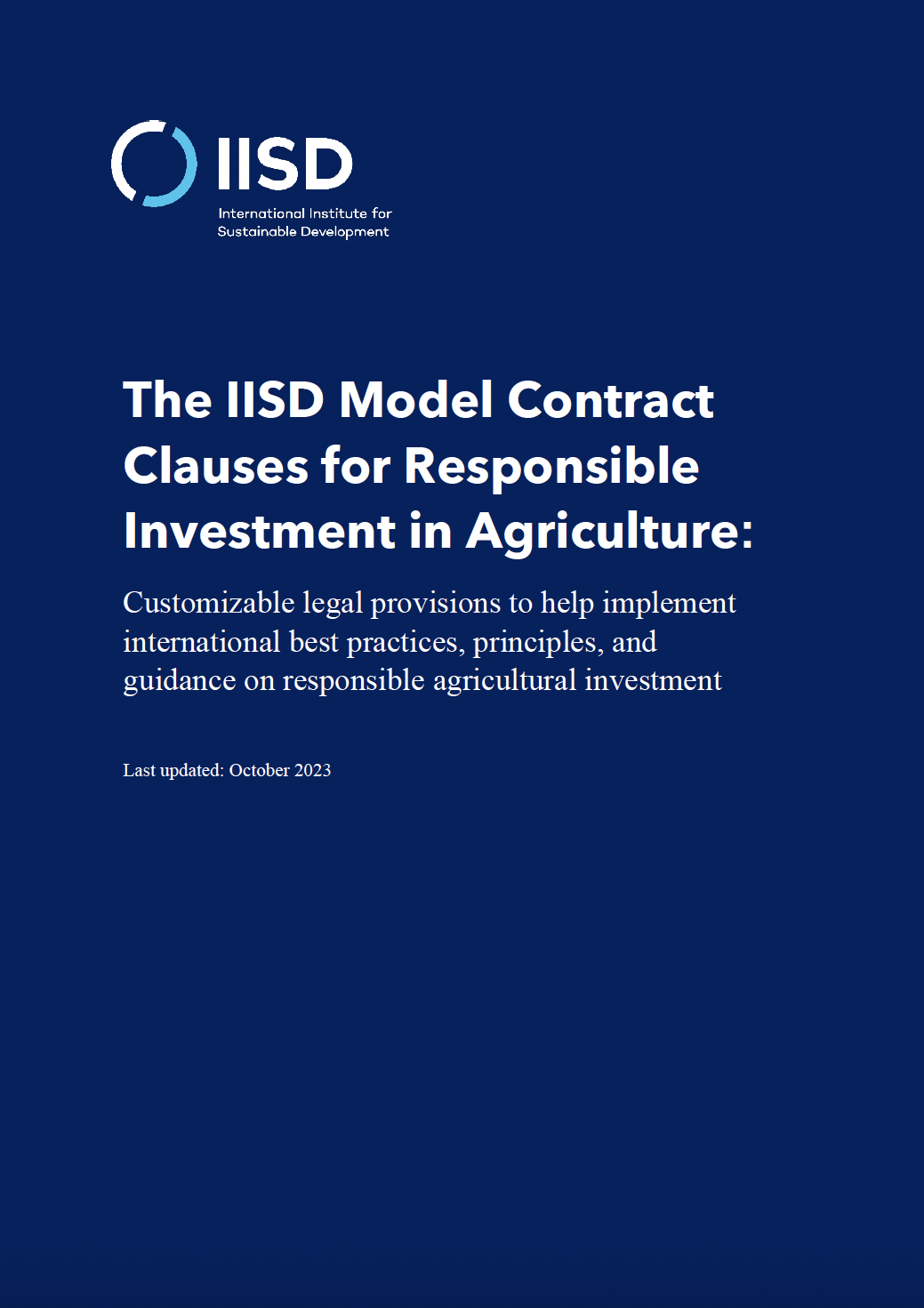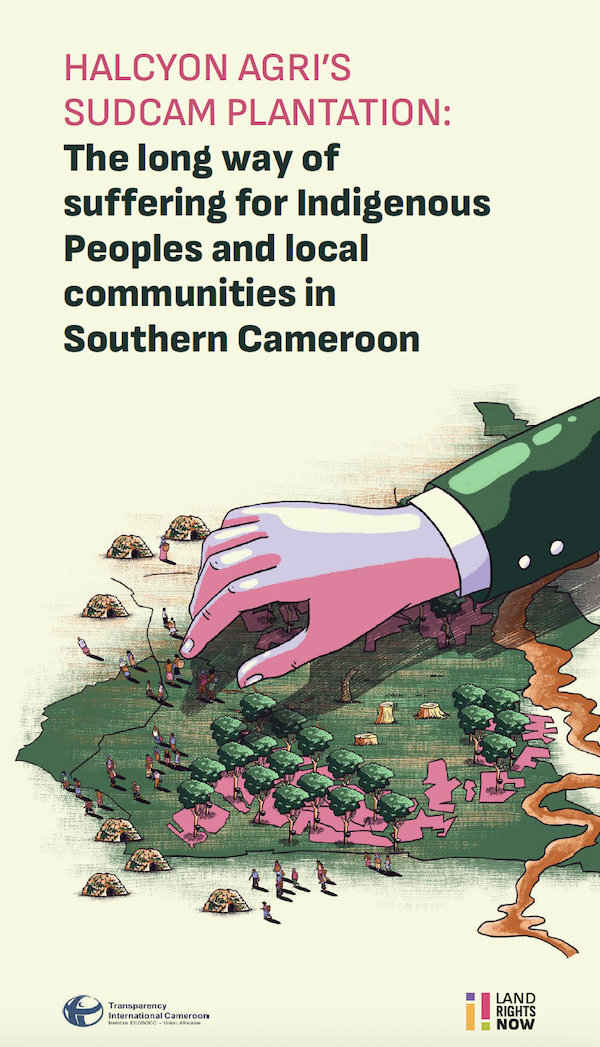Women,Land Tenure Security And Livelihoods In Amuru District
ABSTRACT Amuru district in northern Uganda has had intense land rights violations over the past fourteen years. There have been large scale land investments for commercial agriculture and other activities with limited community engagement, In many families men have sold off family land to ‘investors’ without consultation of their wives.








